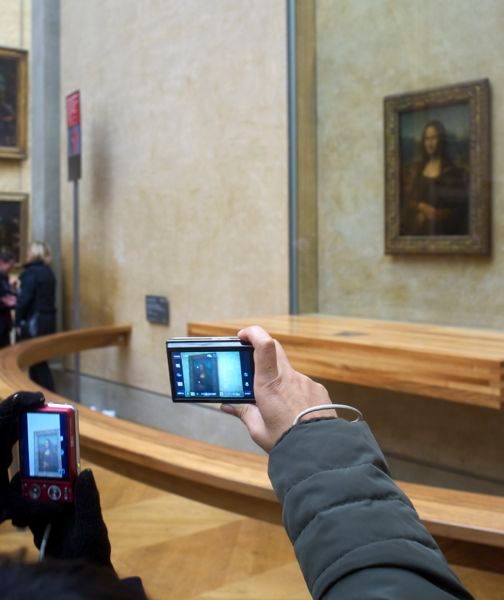What would have happened if I had had a cellphone equipped with a video camera, just as every kid has today?
In the 25th century BC, what would have happened if he had had a flint to make fire, just as every kid did then?
In the 5th century BC, what would have happened if he had a piece of papyrus, just as every kid did then?
In the 1st century BC, what would have happened if he had marbles to play with, just as every kid did then?
During the 3rd century AC, what would have happened if he spoke Latin or Greek, just as every other kid did then?
During the Middle Ages, what would have happened if he owned a sword, just as every other kid did then?
During the 17th century, what would have happened if he knew how to play a musical instrument and compose, just as every other kid did then?
During the 19th century, what would have happened if he was able to buy fireworks, just as every other kid did then?
During the 20th century, what would have happened if he used a typewriter, just as every other kid did then?
Geographical, economical and social bias in posing the rhetorical questions notwithstanding, it's more of the old not understanding the new. What would happen if he had access to the Internet, like every kid does nowadays?


